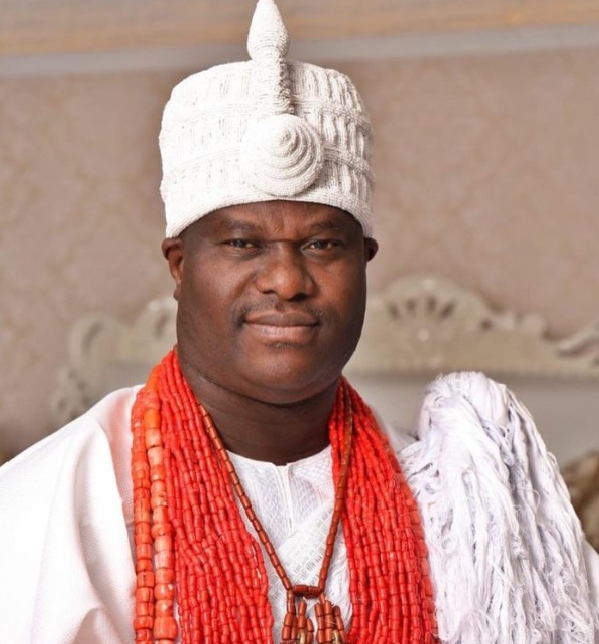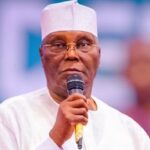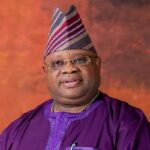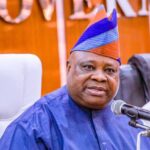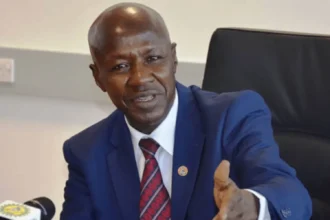The Yoruba people, one of West Africa’s largest ethnic groups, have long been governed by a complex system of traditional authority. At the heart of this system are two paramount monarchs: the Ooni of Ife and the Alaafin of Oyo. These rulers are central to Yoruba identity, each wielding distinct authority in spiritual, cultural, and political realms.
- Historical Foundations of Authority
- The Nature of Chieftaincy Titles
- Recent Chieftaincy Titles Conferred by the Ooni of Ife
- Alaafin of Oyo Titles
- Key Titles and Recipients
- The Recent Dispute: Ooni’s Conferment of the “Okanlomo of Oodua’”
- What the 2025 Okanlomo Title Means:
- Cultural and Community Perspectives
- The Path Forward: Navigating Traditional Authority
- Conclusion: A Delicate Balance
In recent years, disputes over chieftaincy title conferment, most notably the 2025 controversy surrounding the “Okanlomo” title, have highlighted the ambiguities and overlapping jurisdictions between these monarchs.
To understand these conflicts, it is essential to examine the historical foundations, legal frameworks, and cultural significance of their powers.
This article provides a comprehensive, step-by-step breakdown of Ooni and Alaafin authority in chieftaincy conferrals, including historical context, title types, limitations, modern examples, and legal precedents.
Historical Foundations of Authority
1. Ooni of Ife

The Ooni of Ife is regarded as the spiritual custodian of the Yoruba people. His authority is deeply rooted in Yoruba cosmology and history:
Lineage and Mythology: The Ooni traces his ancestry to Oduduwa, the mythical progenitor of the Yoruba race. Ile-Ife, his seat, is considered the cradle of Yoruba civilization and the spiritual heart of the Yoruba.
Spiritual Role: The Ooni serves as the principal religious figure, overseeing rituals, festivals, and the continuity of traditional customs. This role has remained largely symbolic but commands deep cultural reverence.
Historical Influence: While the Ooni’s influence was primarily spiritual, he occasionally mediated political disputes among Yoruba kingdoms, reinforcing his authority as a unifying figure.
2 Alaafin of Oyo
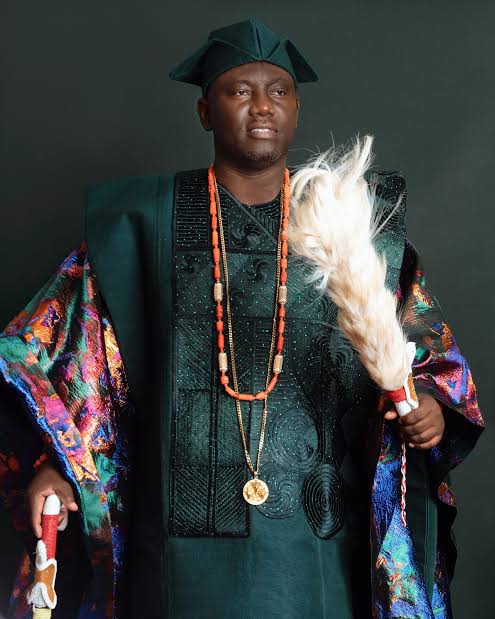
The Alaafin of Oyo historically represented the political apex of Yoruba authority:
Formation of Oyo Empire: The Alaafin was the head of the Oyo Empire, one of the most powerful West African states between the 17th and 19th centuries.
Political and Military Authority: Unlike the Ooni, the Alaafin held administrative, judicial, and military power, ruling with support from the Oyo Mesi (council of chiefs) and the Ogboni society, which checked and balanced his decisions.
Historical Significance: The Alaafin’s authority extended beyond Oyo, influencing other Yoruba settlements and neighboring states. Even after the empire’s decline, the Alaafin retained political prestige and recognition among Yoruba leaders.
The Nature of Chieftaincy Titles
A) Chieftaincy titles in Yoruba society are symbols of honor, social recognition, and leadership. They are typically awarded to individuals who have:
- Contributed significantly to community development
- Exhibited exemplary moral or spiritual conduct
- Played strategic roles in cultural or political affairs
B) Categories of Titles
Spiritual Titles: Conferred primarily for religious or cultural leadership (e.g., Oluwo of Ife).
Cultural Titles: Honorary recognition of societal contributions (e.g., Okanlomo of Oodua).
Political/Administrative Titles: Positions with governance or military influence (e.g., Bashorun of Oyo).
The authority to confer these titles varies according to historical precedent, legal rulings, and geographic jurisdiction.
Recent Chieftaincy Titles Conferred by the Ooni of Ife
👑 Oba Adeyeye Enitan Ogunwusi (2015–Present)
Since ascending the throne in December 2015, Oba Ogunwusi has conferred several significant titles:
1. Okanlomo of Oodua
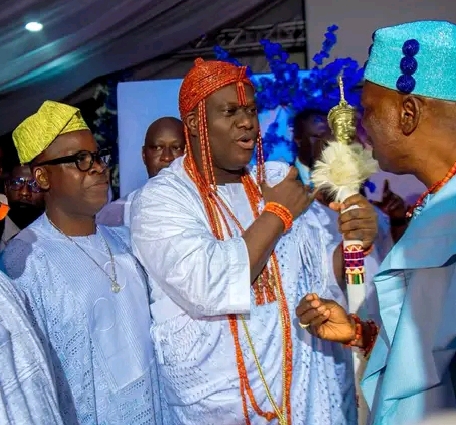
Recipient: Chief Dotun Sanusi (Ilaji)
Date: August 2025
Context: Conferred during the unveiling of the 2GEDA project in Ibadan.
Controversy: The Alaafin of Oyo disputes the conferment, claiming the title pertains to all of Yorubaland and thus falls under his jurisdiction.
2. Iyalaje Oodua
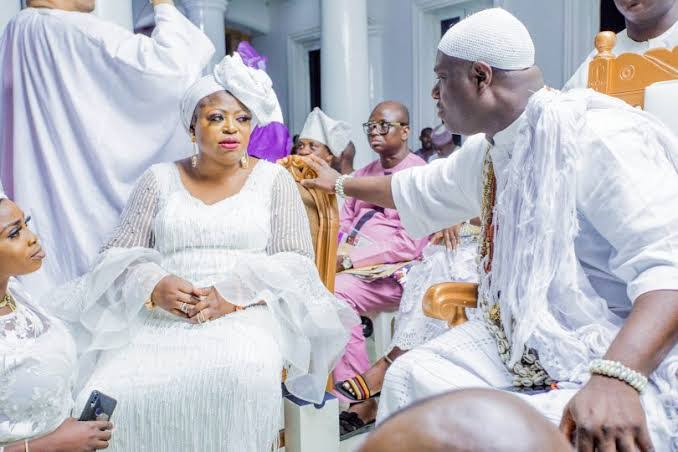
Recipient: Princess Toyin Kolade
Date: 2021
Context: Conferred in recognition of her contributions to Yoruba culture and commerce.
3. Odole of Ife
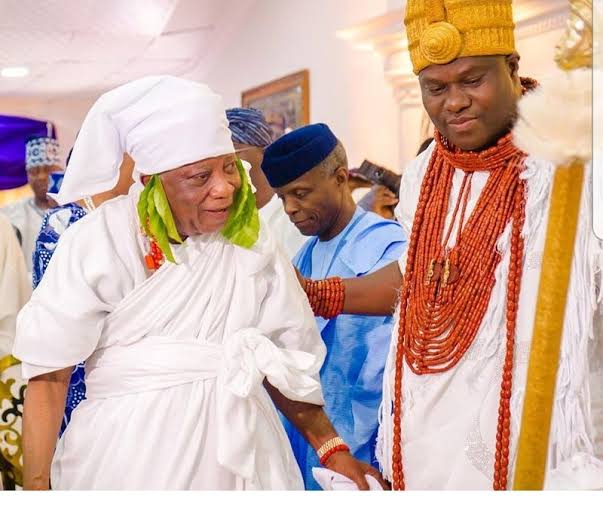
Recipient: Chief Kessington Adebutu
Date: 2019
Context: Bestowed for his philanthropic efforts and support for Yoruba heritage.
Alaafin of Oyo Titles
The late Alaafin of Oyo, Oba Lamidi Adeyemi III (until his passing in 2022) and the new Alaafin Oba Abimbola Owoade, historically wields exclusive authority to confer titles that span the entire Yorubaland. These titles often reflect political, military, and social contributions.
Key Titles and Recipients
1. Are Ona Kakanfo – Supreme military commander
Afonja of Ilorin: 19th-century leader, initially loyal then rebellious, pivotal in Oyo history.
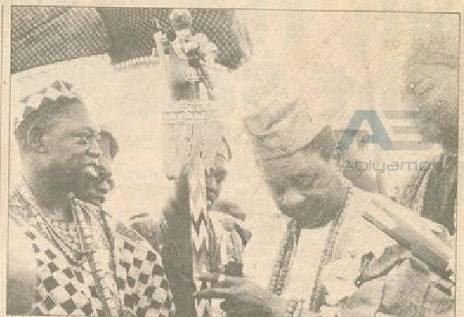
MKO Abiola: Conferred in 1988 by Alaafin Lamidi Adeyemi III.
Gani Adams: Conferred in 2018 for contributions to Yoruba unity and security
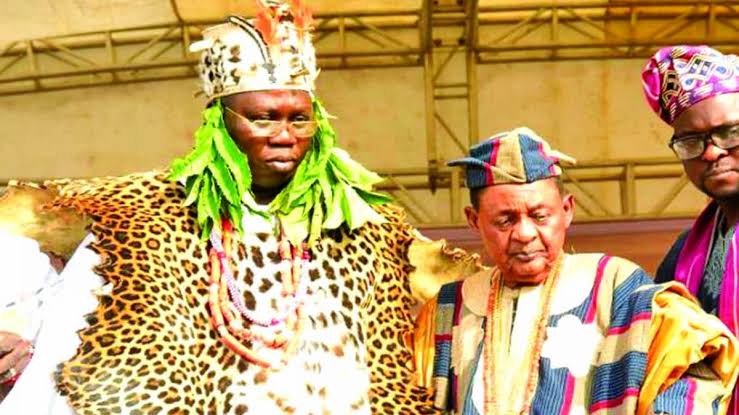
2. Bashorun – Leader of the Oyo Mesi (akin to Prime Minister)
Bashorun Gaa: Historical figure known for political influence and ruthlessness
High Chief Akinade Yussuf Ayoola Layinka: Recent Bashorun, involved in Alaafin succession processes
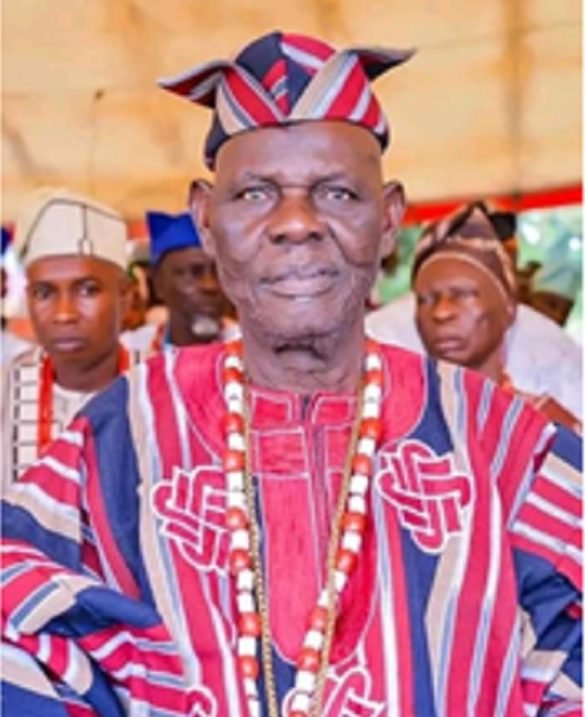
3. Ayedero of Yorubaland
Recipient: Hon. Shina Abiola Peller
Date: January 2021
Significance: Recognizes contributions to Yoruba development and unity.
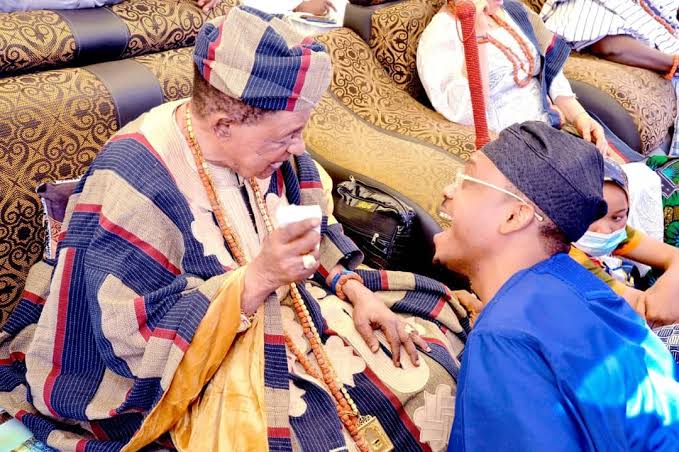
4. Atobase of Yorubaland
Recipient: Dr. Babajide Agunbiade
Date: August 2020
Significance: Honored for advancing Yoruba culture and society.
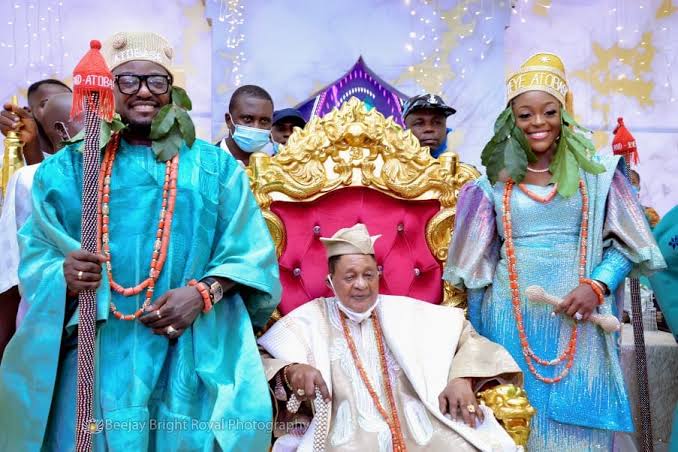
The Recent Dispute: Ooni’s Conferment of the “Okanlomo of Oodua’”
In 2025, the Ooni of Ife, Oba Adeyeye Ogunwusi, conferred the title Okanlomo Oodua on Chief Dotun Sanusi. The title, which translates to “Heartbeat of Oodua,” recognizes contributions to Yoruba culture and heritage.
The Ooni of Ife conferred the title “Okanlomo Oodua” on Dotun Sanusi, a traditional honor.
Some reports described it as “Okanlomo of Yorubaland,” which created confusion about jurisdiction.
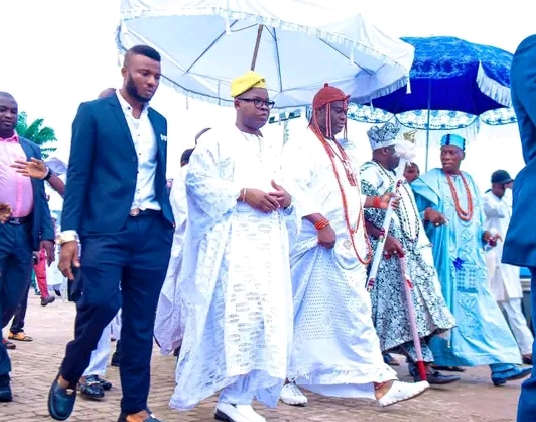
The Alaafin of Oyo expressed that certain titles fall under his traditional authority.
This led to public debate over the scope of each monarch’s authority, highlighting differences in cultural, spiritual, and political roles.
What the 2025 Okanlomo Title Means:
- Ooni gave Okanlomo Oodua to Chief Dotun Sanusi.
- Ooni sees it as a cultural/spiritual honor.
- Alaafin sees it as a Yorubaland-wide political title and therefore his exclusive right.
The Simple Takeaway:
- If a title is spiritual/cultural, local to Ife, the Ooni has the power.
- If a title implies authority over all Yoruba lands, the Alaafin has the power.
Cultural and Community Perspectives
The Yoruba community holds diverse views on the authority of the Ooni and the Alaafin.
Support for the Ooni:
Cultural Preservation: Proponents argue that the Ooni’s role in preserving and promoting Yoruba culture legitimizes his authority to confer cultural titles.
Spiritual Significance: Supporters emphasize the Ooni’s spiritual leadership and his capacity to honor individuals who contribute to the spiritual and cultural fabric of the Yoruba people.
Support for the Alaafin:
Political Authority: Advocates for the Alaafin highlight his historical role as the political leader of the Yoruba and his authority to confer titles with political and military implications.
Legal Precedence: Supporters point to legal interpretations that affirm the Alaafin’s exclusive right to confer titles that encompass all of Yorubaland.
The diversity of perspectives reflects the complex interplay between spiritual and political authority within the Yoruba kingdom.
The Path Forward: Navigating Traditional Authority
The ongoing discourse between the Ooni and the Alaafin underscores the need for a nuanced understanding of traditional authority within the Yoruba kingdom.
Recommendations:
Clarification of Jurisdiction: Establishing clear boundaries between spiritual and political authority can help mitigate conflicts over chieftaincy conferrals.
Dialogue and Collaboration: Open communication between the Ooni and the Alaafin, along with other traditional leaders, can foster mutual respect and cooperation.
Community Engagement: Involving the Yoruba community in discussions about traditional authority ensures that decisions reflect the collective values and aspirations of the people.
By addressing these areas, the Yoruba kingdom can navigate the complexities of traditional authority and uphold the rich cultural heritage that defines its identity.
Conclusion: A Delicate Balance
The rights of the Ooni and the Alaafin in conferring chieftaincy titles are deeply rooted in the history, culture, and legal interpretations of the Yoruba people. While their roles differ—spiritual for the Ooni and political for the Alaafin—their authorities are intertwined, each playing a vital part in the governance and cultural preservation of Yorubaland.
Understanding and respecting the boundaries of their respective roles is essential for maintaining harmony and upholding the traditions that have sustained the Yoruba people for centuries.

